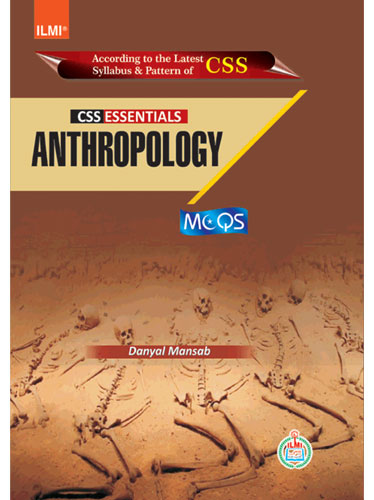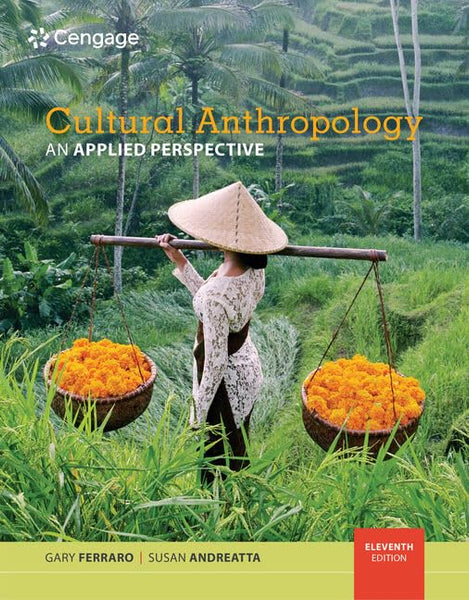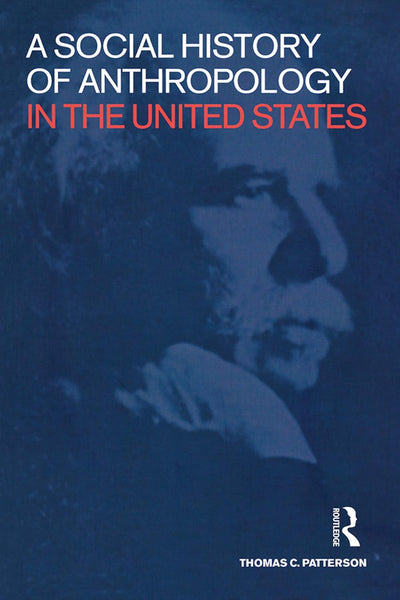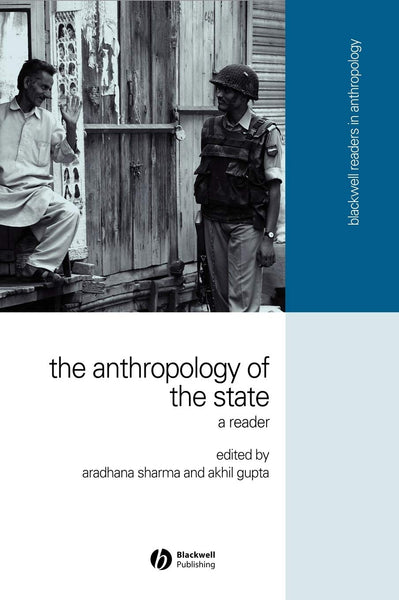Anthropology The Basics 1st Edition By Peter Metcalf
- Publisher: Anthropology
- Availability: In Stock
- SKU: 28564
- Number of Pages: 216
Rs.540.00
Rs.749.00
Tags: Anthropology , anthropology basics , anthropology introduction , anthropology subfields. , applied anthropology , archaeology , Best Price , Best Selling Books , biological anthropology , community development , cultural beliefs , cultural diversity , cultural practices , educational challenges , historical reconstruction , human cultures , human development , human evolution , human history , human societies , immersive research , linguistic anthropology , material remains , Online Bookshop Pakistan , Online Shopping Pakistan , Pakistan Bookshop , paleoanthropology , participant observation , Peter Metcalf , primatology , qualitative data , Recommended Book , Shopping , social identity , social interactions , Test Guidelines. Online Shop , Virtual Shop , Webs hop
"Anthropology: The Basics" by Peter Metcalf provides a concise yet comprehensive introduction to the field of anthropology, covering its fundamental principles, methodologies, and diverse areas of study. The book delves into the complexities of human cultures, societies, and biological aspects, offering readers a thorough understanding of how anthropology examines the intricacies of human life from both a cultural and biological perspective. Metcalf's accessible writing makes this an essential read for anyone new to anthropology or looking to deepen their knowledge of the discipline.
Key Points
1. Definition of Anthropology Anthropology is defined as the study of human societies, cultures, and their development. It explores the biological and cultural aspects of humans, providing insights into the diversity and commonalities among people around the world.
2. Four Fields of Anthropology The book outlines the four main subfields of anthropology: cultural anthropology, archaeology, biological anthropology, and linguistic anthropology. Each field examines different aspects of human life, from ancient civilizations to modern-day cultural practices.
3. Cultural Anthropology Cultural anthropology focuses on understanding the cultural norms, values, practices, and social structures of different societies. It involves ethnographic research methods such as participant observation and interviews.
4. Archaeology Archaeology studies past human societies through their material remains, such as artifacts, structures, and landscapes. It aims to reconstruct historical ways of life and understand long-term cultural evolution.
5. Biological Anthropology Biological anthropology examines the biological and evolutionary aspects of humans, including human genetics, primatology, and paleoanthropology. It seeks to understand human biological diversity and our species' place in the natural world.
6. Linguistic Anthropology Linguistic anthropology explores the role of language in human societies, including how language shapes communication, social identity, and cultural beliefs. It studies both contemporary languages and historical language change.
7. Ethnography Ethnography is a key research method in cultural anthropology that involves immersive fieldwork to collect detailed, qualitative data about a community's way of life. It emphasizes the importance of understanding cultural context.
8. Participant Observation Participant observation is a method where researchers live among the people they study, participating in daily activities to gain an insider's perspective on the culture and social interactions.
9. Holistic Approach Anthropology employs a holistic approach, integrating various aspects of human life to provide a comprehensive understanding of cultures and societies. This approach considers the interconnections between biological, cultural, historical, and linguistic factors.
10. Applied Anthropology Applied anthropology uses anthropological knowledge and methods to solve real-world problems, such as public health issues, educational challenges, and community development projects. It bridges the gap between academic research and practical applications.
In conclusion, "Anthropology: The Basics" by Peter Metcalf serves as an invaluable resource for anyone seeking to grasp the essentials of anthropology. Through clear explanations and engaging examples, the book introduces readers to the vast and fascinating world of human societies, their cultural practices, and their biological foundations, making it an ideal starting point for further exploration in the field.
════ ⋆★⋆ ═══
Writer ✤ Peter Metcalf
























